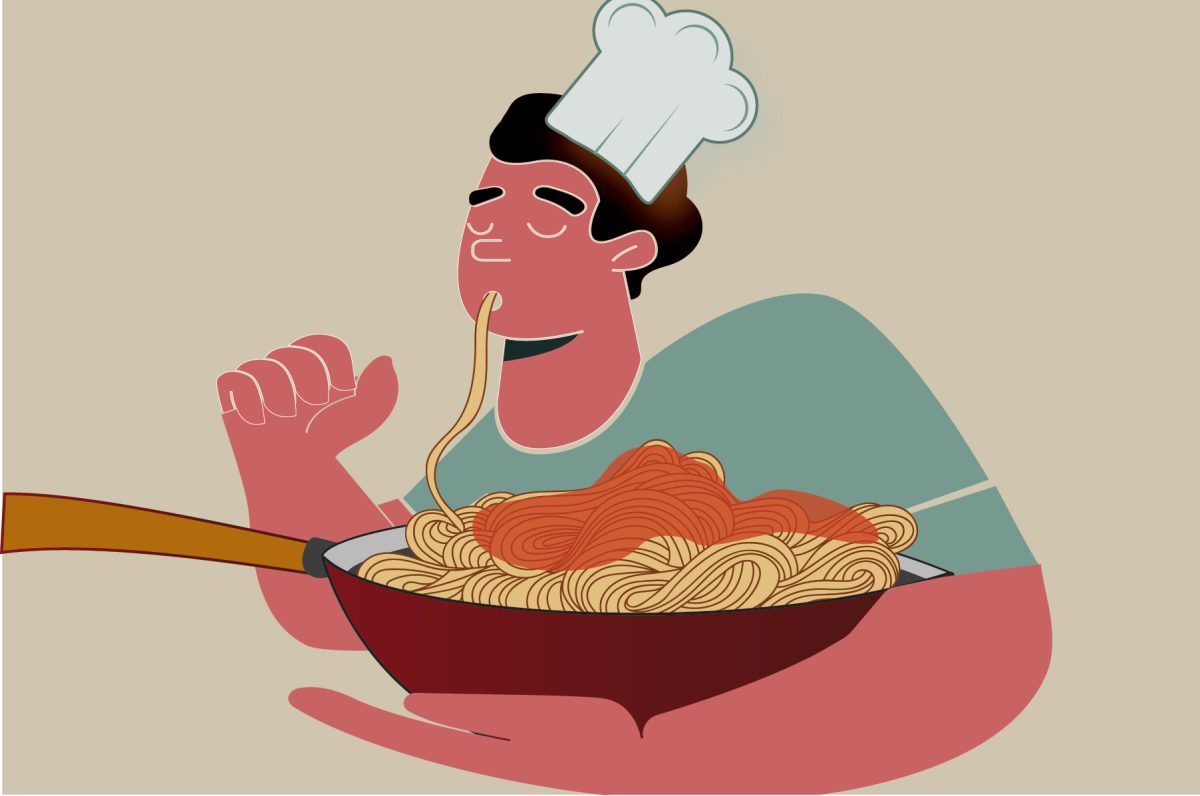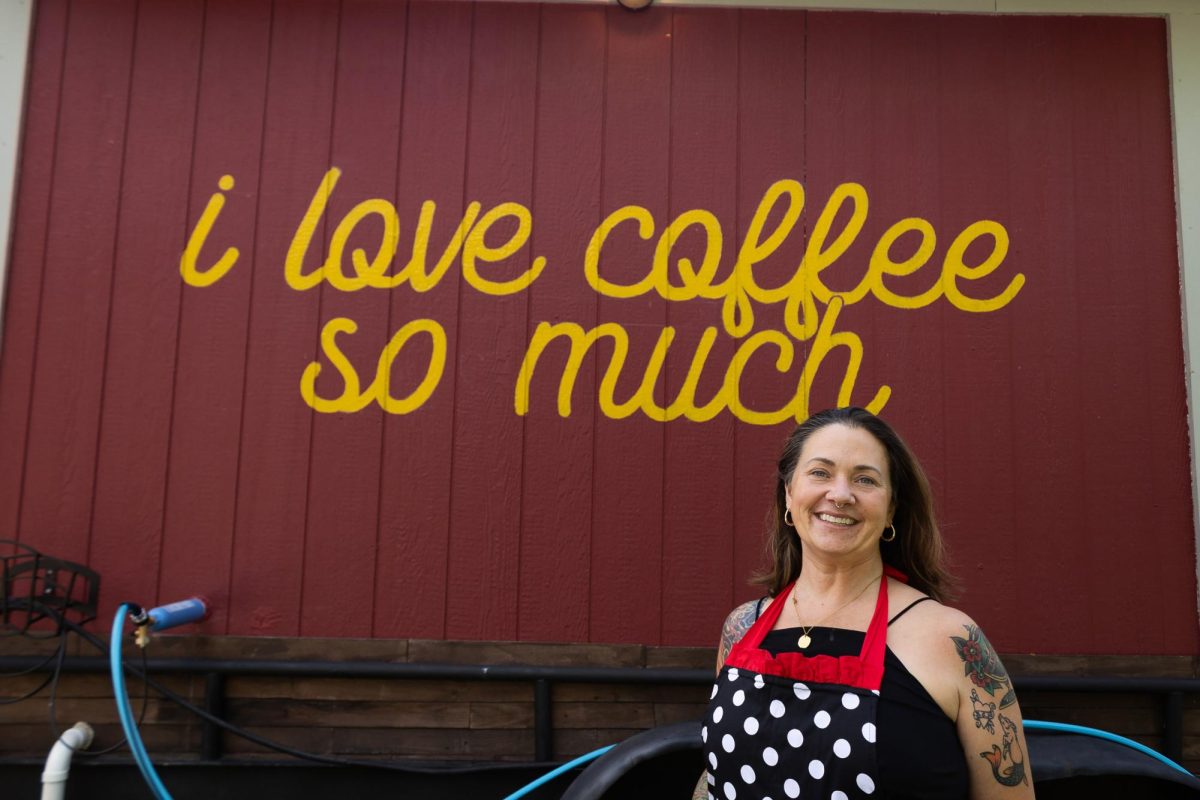Cooking is one of the most essential skills a college student can have. Learning how to cook will improve students’ quality of life and provide new creative outlets.
The first and most obvious benefit of learning to cook for oneself is the monetary savings compared to the cost of dining out. A study from Education Data Initiative found that the average college student spends around $410 a month on dining out. That, however, does not include the costs of meal plans – which, at their lowest, still cost $1,440 per semester.
Cooking provides a cheaper alternative to this financial whirlpool. Students can avoid paying the premiums that restaurants add to their items in order to create profit. An article from Forbes said while entrees such as “broccoli alfredo, pad thai, pasta bolognese and soba noodles” often cost $20 a plate at standard restaurants, customers “can easily make these meals at home and save 80-90% per serving.”
However, this does not dispute the fact that shopping for food items at retailers can also be expensive for college students. Thankfully, these costs can be balanced out via meal planning and budgeting on a week-by-week or even month-long basis. Iowa State University offers a free grocery calculator and planner to help anyone estimate the cost of groceries.
Cooking has also been proven to be healthier than consistently eating out. A study by John Hopkins University found that “people [who] cook most of their meals at home… consume fewer carbohydrates, less sugar and less fat” than those who frequently dine out. In addition, cooking healthy meals can be incredibly easy. Meals such as broccoli and cheese, mini zucchini pizzas or even oatmeal are healthy options and incredibly simple to make.
One of the greatest positives of cooking is the creative outlet it can provide for students. Cooking allows students to experiment with new combinations of spices and flavors in order to create new culinary objects for themselves or others to enjoy. This creativity is so powerful, in fact, that according to Southern Living, it “[soothes] stress, [builds] self-esteem and [curbs] negative thinking by focusing the mind.”
Unfortunately, one of the big hurdles many individuals face in learning to cook is the supposed difficulty of cooking.
Thankfully, this idea is nothing more than an elaborate myth. While it is true there are extremely complicated meals, such as beef wellington, that are very difficult to make, many meals, such as spaghetti or loaded nachos, are extremely easy to make with little to no preparation. Sites like Pinterest or other online cookbooks offer a near-infinite amount of simple meal options for individuals to cook.
The basics of cooking, such as how to cook meat, how to season food and what to look out for, are quite simple when broken down. The easiest way to learn is to find a recipe and start cooking. In all likelihood, there is a chance that one might make errors while cooking for the first time. However, these errors are critical as they are part of the learning process. Students should not be scared of failing when learning to cook. Instead, they should embrace it.
By learning how to cook, students can create healthier meals for themselves on a cheaper budget and learn new skills in an exciting creative outlet.
– James Phillips is an international relations junior
The University Star welcomes Letters to the Editor from its readers. All submissions are reviewed and considered by the Editor-in-Chief and Opinions Editor for publication. Not all letters are guaranteed for publication.































